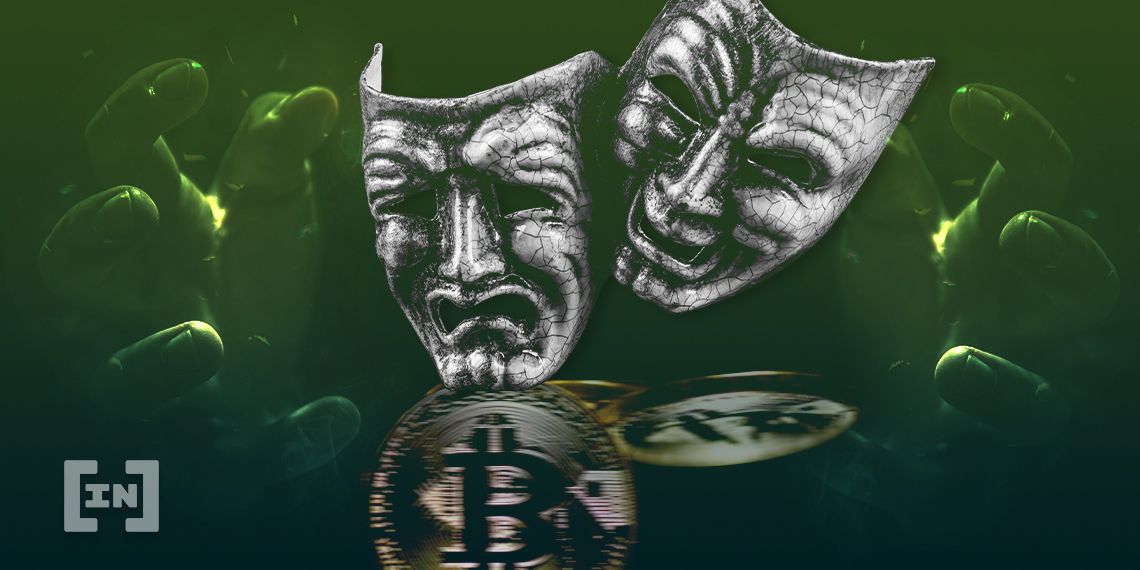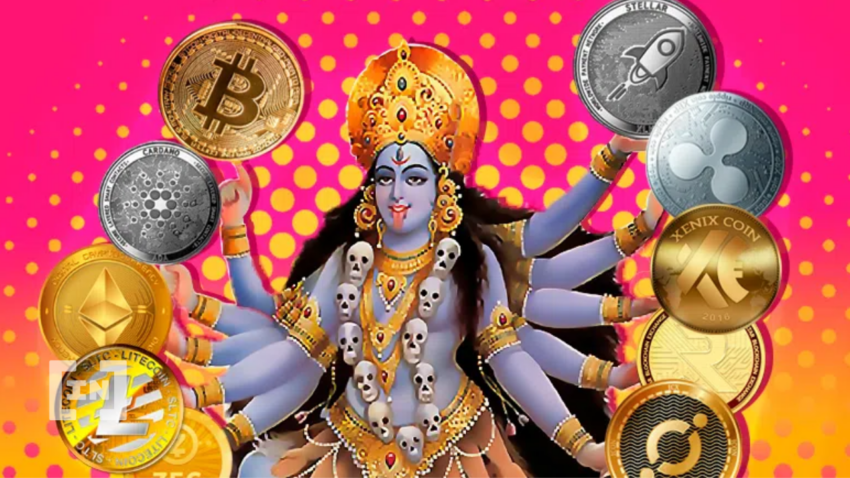Here’s your weekly dose of all the leading stories in the cryptocurrency ecosystem compiled by Be[in]Crypto from May 30 to June 5. The stories range from Coinbase’s hiring rug pull, Terra’s post-mortem report, U.S. citizens losing a fortune in crypto fraud, and India’s renewed CBDC push.
Don’t forget to subscribe to our newsletter and get our weekly roundups right in your inbox!
Crypto winter freezes jobs in the ecosystem
Cryptocurrencies are reeling from rock-bottom prices and the job markets are bearing the full weight. Coinbase confirmed during the week that it has suspended hiring new staff for the operations and went the extra mile to rescind accepted job offers.
The company stated that the decision was “in response to the current market conditions” but the move did not go down well with the wider cryptocurrency community who described it as a “scumbag move.” Zooming out, tech layoffs reached horrific levels in May with over 15,000 staff losing their jobs according to data from Layoffs.

Elon Musk, Tesla’s CEO, defended the lull in market prices by stating that recessions are a “good thing.” He claims that “some bankruptcies need to happen” as an aftermath of the COVID-19 stay at home that “tricked people into thinking that you don’t actually need to work hard”.
During the last week, digital assets recorded $87 million in inflows that lit sparks in the hopes of investors. However, it was not enough to turn things around for the markets. By the end of the week, bitcoin traded less than $30,000 and the total crypto market capitalization stood at $1.22 trillion.
Terra moves on but an inquest probes into the past
Terra 2.0 has been live for over a week and the community is rippling with optimism about the prospects of the new network. Orbital Command, Terra’s network validator shared a speculative roadmap for the project for the quarter.

Top on the list is the launch of a decentralized exchange (DEX), a stablecoin that is fundamentally different from the failed TerraUSD (UST), and an ambitious plan to become a “Cosmos DeFi Hub.”
Although the network is moving on from the implosion, Jump Crypto has launched an inquest into the events of the last month. The report revealed that investors with over $1 million in UST hastily liquidated their holdings while retail investors with smaller holdings continued to increase their exposure. Jump Crypto added that the entire collapse was traceable to seven wallets with one wallet notably reducing its position on the algorithmic stablecoin by as much as $85 million.
Terra’s CEO Do Kwon lost a wager that cost him $11 million. Back in March, Kwon entered into a bet over LUNA’s price but barely two months after the bet, Terra collapsed and one of the parties claimed victory.
Fraudsters continue to run riot
The U.S. Federal Trade Commission (FTC) stated in a report that American consumers had lost over $1 billion to crypto fraud in 12 months. The report claimed that one out of every four dollars was paid in crypto and the leading method employed by scammers were fraudulent investment schemes while romance scams and impersonation of government agencies were at the top of the list.

Investors in a non-fungible token (NFT) project were left holding empty bags after suffering the horrors of a rug pull. Animoon claimed that it was “the most awaited NFT project,” and described itself as a play-to-earn game with 9,999 programmatically generated Animoon NFTs. It cost investors up to $6.3 million in losses.
At the center of the storm was Jake Paul, an influencer shilling the Animoon project. Paul has a long track record of failed projects to his name in the industry and reports suggest that the founders of the Animoon project are at large in Dubai.
Crypto whisperings from India
After enduring a rocky relationship with crypto, India has decided to go all-in on their central bank digital currency (CBDC) development. The Reserve Bank of India revealed that it will be adopting a phased approach which will include a proof of concept phase and a pilot stage before launching.
Local crypto exchange CoinSwitch Kuber has launched the Crypto Rupee Index (CVRE8), making it the first benchmark index in the country. The index is said to measure the performance of the crypto market in the Indian rupee (INR) with eight leading digital assets tracked including Bitcoin (BTC), Ethereum (ETH), Ripple (XRP), Solana (SOL), and Dogecoin (DOGE) amongst others.

There is fear that the CBDC launch in India will stifle the growth of private crypto. The opinion is split on the issue but Vikram Subburaj, CEO of Giottus, says that “a blockchain-based payment system with sovereign backing is unlikely to be a challenger for cryptocurrencies in general.
The stablecoin saga
Terra’s implosion left a sour taste in the mouth of investors and most likely triggered a chain reaction amongst regulators globally. In the U.K., the Treasury proposed a new regime for the regulation of stablecoins that would see the Bank of England in charge of managing the asset class.

However, the Bank of England will only exercise its authority if a stablecoin collapse would have a profound effect on the economy. The UK has stated that it intends to become a cryptocurrency hub in the future.
Tether, issuers of USDT, have come under increased scrutiny in the wake of Terra’s implosion. Reports claim that an undisclosed amount of Tether’s reserves are held in a boutique bank in the Bahamas. A leading executive in the company claims that the company is not under any compulsion to disclose its partners because it is “not a public company.”
Disclaimer
In adherence to the Trust Project guidelines, BeInCrypto is committed to unbiased, transparent reporting. This news article aims to provide accurate, timely information. However, readers are advised to verify facts independently and consult with a professional before making any decisions based on this content. Please note that our Terms and Conditions, Privacy Policy, and Disclaimers have been updated.


![Last Week [in] Crypto: Recession Forces Hiring Rethink, Terra’s Community Remains Optimistic, US Citizens Lose Over $1 Billion in Crypto](https://beincrypto.com/wp-content/uploads/2019/10/bic_crypto_recession.jpg.optimal.jpg)